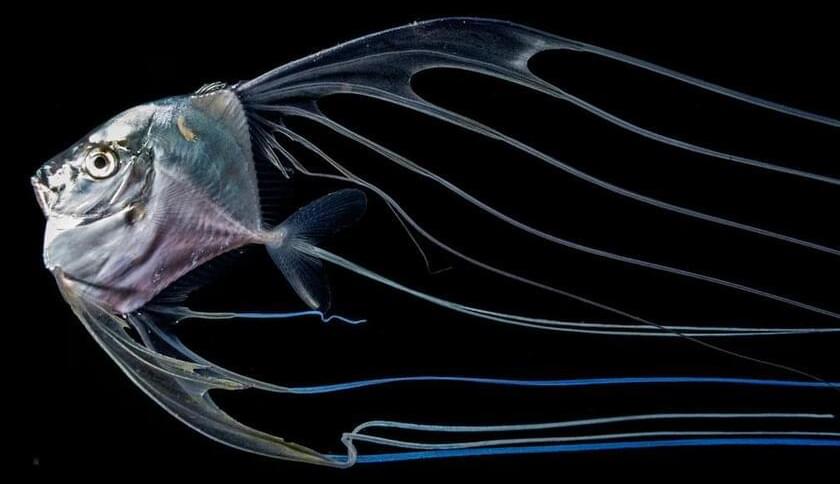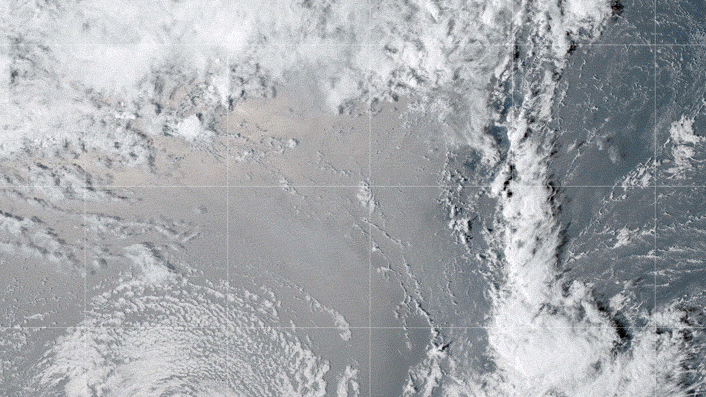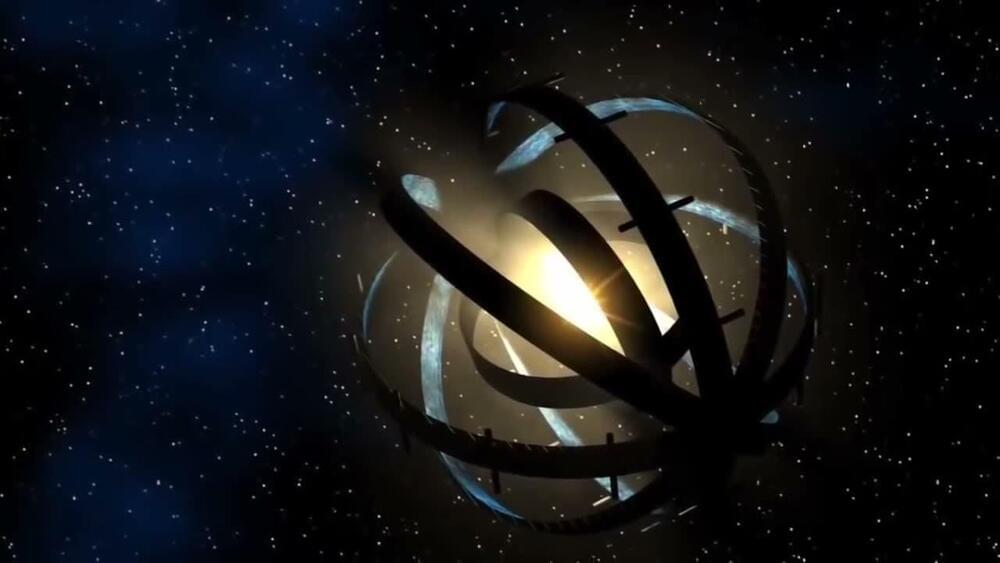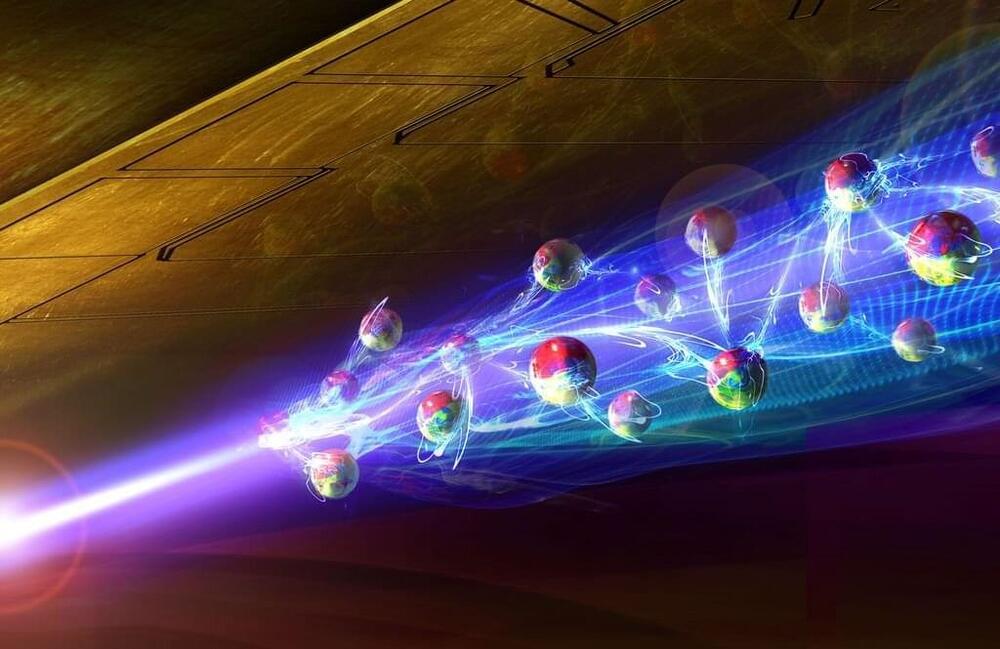Aug 3, 2022
Researchers propose affordable and sustainable alternative to lithium-ion batteries
Posted by Shubham Ghosh Roy in categories: chemistry, energy, sustainability
Concerns regarding scarcity, high prices, and safety regarding the long-term use of lithium-ion batteries has prompted a team of researchers from Rensselaer Polytechnic Institute to propose a greener, more efficient, and less expensive energy storage alternative.
In research published recently in Proceedings of the National Academy of Science (PNAS), corresponding author Nikhil Koratkar, the John A. Clark and Edward T. Crossan Professor of Engineering at Rensselaer, and his team, assert that calcium ions could be used as an alternative to lithium-ions in batteries because of its abundance and low cost.
“The vast majority of rechargeable battery products are based on lithium-ion technology, which is the gold standard in terms of performance,” said Dr. Koratkar. “However, the Achilles’ heel for lithium-ion technology is cost. Lithium is a limited resource on the planet, and its price has increased drastically in recent years. We are working on an inexpensive, abundant, safe, and sustainable battery chemistry that uses calcium ions in an aqueous, water-based electrolyte.”


















